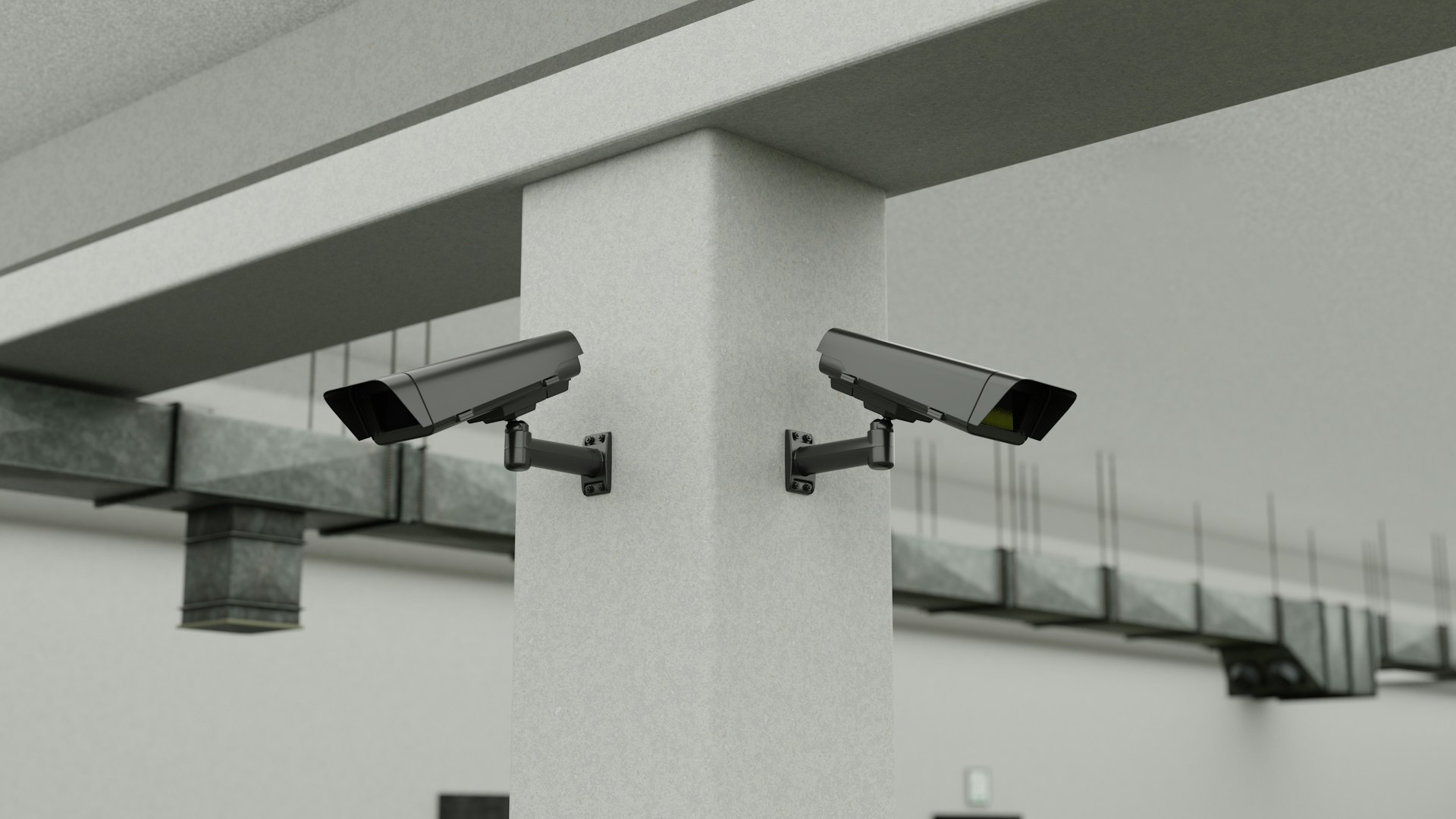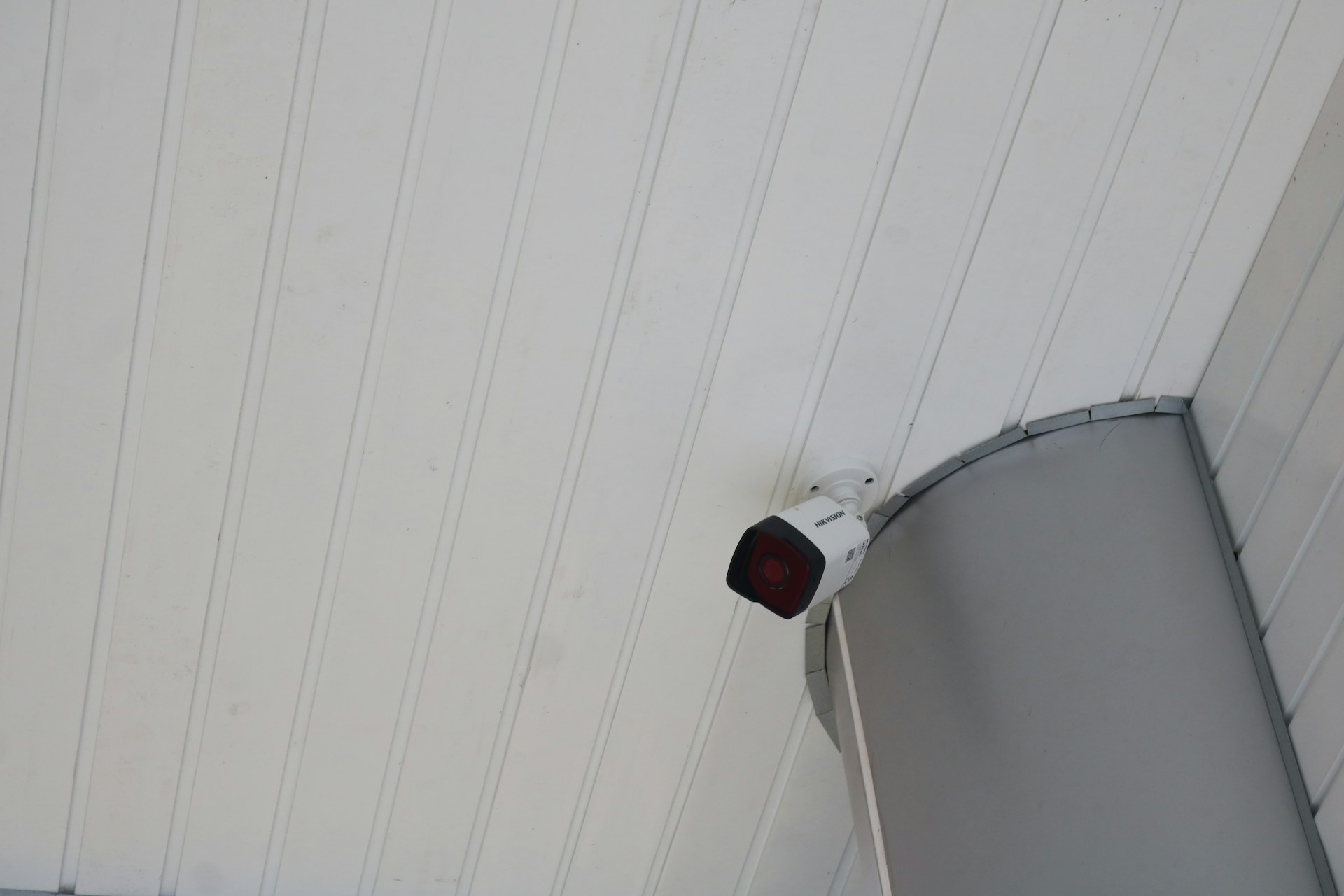When it comes to fire safety, ensuring that your establishment has a reliable fire alarm system is non-negotiable. In Houston, NFPA-compliant fire alarm installers not only provide critical installation services but also ensure ongoing maintenance and inspections that meet local and national safety standards. Choosing a qualified installer ensures that your fire alarm system operates effectively, protecting both life and property.
Fire alarm systems should be regularly inspected and maintained to comply with NFPA codes, which are designed to minimize risks in emergencies. Utilizing qualified installers familiar with local regulations can provide you with peace of mind, knowing your facility is equipped with the right safety measures. Installers in the Houston area are specifically trained to meet these stringent requirements and address the unique needs of your business.
Investing in a reliable fire alarm system installation is one of the best decisions you can make for your property's safety. As a Houston resident, partnering with local experts ensures that you receive tailored services focused solely on your region's needs. The right installation and maintenance can not only save lives but also help mitigate potential damages during a fire.
NFPA Compliance and Fire Alarm Standards in Houston
In Houston, adhering to NFPA standards is essential for effective fire safety and compliance. Understanding the specific requirements and local regulations is critical for installing and maintaining fire alarm systems that protect lives and property.
Understanding NFPA 72 Requirements
NFPA 72, also known as the National Fire Alarm and Signaling Code, sets the standard for fire alarm system installations. In Houston, your fire alarm system must comply with these requirements to ensure reliable operation.
Key elements include proper installation, maintenance, and regular testing. This code outlines the necessary performance criteria for fire alarm control panels and notification appliances. Additionally, documentation of all testing and repairs is required to demonstrate compliance.
Your fire protection strategies should align closely with these standards to minimize fire hazards and ensure early detection of potential threats.
Local Code and AHJ Regulations
Local codes in Houston may adopt NFPA standards or include additional requirements. Engaging with your Authority Having Jurisdiction (AHJ) is essential to understand these nuances.
The AHJ can provide guidance on local amendments to NFPA 72 and any specific installation practices unique to Houston. Ensuring compliance with both local regulations and NFPA standards ensures that your fire alarm system operates effectively.
Installations must be approved by the AHJ, which involves submitting plans for review and inspections during the process. Understanding the local landscape minimizes confusion and enhances your preparedness.
Key Components of NFPA-Compliant Fire Alarm Systems
An effective NFPA-compliant fire alarm system consists of several key components, each critical for safety.
- Fire Alarm Control Panel (FACP): This is the heart of your system, managing signals from detectors and sending alerts to occupants.
- Smoke Detectors: These devices must meet NFPA 72 criteria for placement and function, detecting smoke early to alert responders.
- Notification Appliances: Alarms need to be loud enough to alert occupants in all parts of the building, following specific sound requirements outlined in the code.
- Manual Pull Stations: These allow occupants to trigger alarms manually, providing an additional layer of safety in emergencies.
Selecting and expertly installing these components ensures your fire alarm system is effective and compliant with Houston’s regulations. Each element contributes significantly to your fire protection strategy and overall safety.
Choosing Qualified Fire Alarm Installers in Houston
Finding a qualified fire alarm installer in Houston is crucial for ensuring safety and compliance with NFPA standards. Attention to specific certifications, real-world experience, and local expertise can significantly influence the effectiveness of your fire alarm system.
Certifications and Licensing
When selecting fire alarm installers, verify their certifications and licenses. Look for technicians who are certified by the National Institute for Certification in Engineering Technologies (NICET) or equivalent organizations.
In Texas, fire alarm contractors must possess a valid license from the Texas Department of Insurance. This ensures that they adhere to state regulations and safety standards. Additionally, check if the installers have undergone training specific to the NFPA guidelines. Proper qualifications indicate a commitment to best practices in fire safety.
Experience with Commercial and Residential Projects
Experience matters when it comes to fire alarm installation. Choose installers who have worked on both commercial and residential projects within the greater Houston area.
Such versatility ensures they can adapt their approach to different environments and requirements. Look for providers who can demonstrate successful installations and have positive client reviews showcasing their reliability and effectiveness. Ask for case studies where they handled complex installations, as this reflects their capability to meet diverse needs.
Importance of Local Expertise
Local expertise can make a significant difference in fire alarm installation. Technicians familiar with Houston's specific fire codes and regulations can ensure compliance and optimize system performance.
Choose installers who understand the unique challenges posed by local climate and building structures. Their knowledge will contribute to a tailored approach, enhancing the performance of your fire alarm system.
Look for providers who prioritize ongoing training and are updated with the latest fire safety technologies. This commitment to local expertise ensures that you receive not just a system, but a reliable, compliant solution designed for your environment.
Fire Alarm System Installation Process
The process of installing a fire alarm system in the greater Houston area involves meticulous planning and execution. You will need to focus on system design, the installation of essential devices, and integrating effective communication equipment for optimal performance.
System Design and Planning
Before any installation begins, a detailed assessment of your facility is crucial. This includes evaluating the layout, potential hazards, and specific code requirements per NFPA standards.
You will need to create a comprehensive design that includes a fire alarm control panel, initiating devices, and evacuation routes.
Key considerations should include:
- Type of fire alarm system: Addressable or conventional.
- Placement of devices: Detectors in every sleeping area and common spaces, as required.
- Power supply: Ensure backup systems are in place.
Planning the design carefully lays the foundation for an effective fire safety system.
Installation of Initiating Devices and Control Panels
The next step involves the actual installation of initiating devices, such as smoke detectors, heat detectors, and manual pull stations. You will need to install these devices in strategic locations to maximize coverage.
The fire alarm control panel should also be installed in a secure, accessible location. Ensure that all wiring is done according to NFPA 72 standards.
During the installation, consider:
- Device placement: Ensure every area is monitored.
- Accessibility: Maintain easy access to manual pull stations.
- System connectivity: Verify that all initiating devices are correctly wired to the control panel.
This stage is critical to ensure proper system function during emergencies.
Integration of Communication Equipment
After the fire alarm devices are in place, integrating communication equipment is essential. This includes connecting voice evacuation systems, visual alarms, and emergency communication systems.
Communication equipment should be synced to work seamlessly with the fire alarm system. This ensures that occupants receive clear and effective notifications of emergencies.
Key integration tasks include:
- Testing audio clarity: Ensure announcements can be heard throughout the facility.
- System configuration: Set up for automatic alerts to monitoring centers.
- Regular checks: Plan for routine maintenance to keep communication lines operational.
This integration is vital for maintaining safety and compliance within your Houston property.
Fire Alarm Inspection and Maintenance Services
Maintaining a compliant fire alarm system is crucial for protecting property and lives. Regular inspections and maintenance ensure that your system functions efficiently and adheres to NFPA standards. You need to understand the importance of annual inspections, testing procedures, and routine maintenance for your fire alarm systems.
Annual Fire Alarm Inspections
Annual fire alarm inspections are essential for compliance with NFPA regulations. During these inspections, certified fire alarm technicians assess key components of your system, including smoke detection devices and remote annunciators.
The inspection typically includes:
- Visual checks of all equipment
- Functional testing of alarm signals
- Evaluation of power sources
Inspections help identify potential issues before they become serious hazards, ensuring the safety of your facility. Any findings are documented in a formal report, outlining necessary repairs or maintenance tasks.
Testing and Reporting Procedures
The testing procedures for fire alarm systems are systematic and thorough. Technicians perform regular tests to verify that all components are operating correctly. This may include activating alarms and testing communication with the central monitoring systems.
Reports generated from these tests include crucial information such as:
- Date and time of inspection
- Results of functional tests
- Recommendations for maintenance
These records are vital for demonstrating compliance during audits or inspections by authorities. Ensure that your fire alarm service provider delivers comprehensive reports that address all tested components.
Routine Maintenance and Emergency Repairs
Routine maintenance is just as vital as inspections. Scheduled maintenance helps prolong the life of your fire alarm systems and prevents unexpected failures. This includes replacing batteries, cleaning smoke detectors, and checking for physical damage.
In addition to maintenance, you may encounter emergency repairs. Having a responsive service provider means that technicians can quickly address any faults, minimizing downtime and maintaining safety. Look for companies that offer 24/7 emergency service to ensure your fire alarm system remains functional.
Regular maintenance and prompt emergency response can save lives and protect your property in the greater Houston area.
Key Features and Technologies in Modern Fire Alarm Systems
Modern fire alarm systems incorporate advanced features and technologies that enhance safety and response effectiveness. Understanding these components is crucial for ensuring reliable fire protection in your facility.
Smoke and Heat Detection Devices
Smoke detection devices are essential in identifying fire hazards at their onset. Photoelectric detectors use light beams to detect smoke particles, making them effective for smoldering fires. Ionization detectors, on the other hand, are better suited for fast-flaming fires due to their sensitivity to combustion particles.
Heat detectors also play a vital role. They activate when temperature thresholds are exceeded, offering another layer of protection. Many modern systems combine these technologies for improved accuracy and reduced false alarms. Consider the placement of each device strategically to optimize coverage throughout your space in Houston.
Remote Annunciators and Monitoring
Remote annunciators provide a way to monitor your fire alarm system from various locations. These devices show alarm status and notifications, enabling quick assessment during emergencies. You can place them in strategic areas for better visibility and accessibility.
In addition, modern fire alarm systems often integrate with remote monitoring services. These services alert fire departments and designated personnel immediately, ensuring a prompt response. With these technologies, you can enhance safety protocols in your building, ensuring that every alarm is addressed swiftly.
Addressable Fire Alarm Solutions
Addressable fire alarm solutions represent a significant advancement in fire safety technology. Unlike traditional systems, addressable systems allow individual device monitoring. Each unit has a unique identification number, making it easy to pinpoint the exact location of an alarm.
This capability enhances both response time and maintenance efficiency. When an alarm is triggered, you receive detailed information, allowing for appropriate action. These systems can also connect to building management systems for integrated safety solutions, making them an excellent choice for any Houston-based facility.
Frequently Asked Questions
Many factors influence NFPA-compliant fire alarm installations in Houston. Understanding the qualifications of installers, the frequency of standard updates, and local regulations will help you ensure your system is reliable and compliant.
What are the qualifications required for fire alarm installers to be NFPA compliant in the Houston area?
Installers must have specific certifications to be NFPA compliant. Look for professionals with experience and credentials recognized by the National Fire Protection Association. Many installers in Houston also require a state license and must demonstrate knowledge of local codes and regulations.
How often do NFPA standards for fire alarm system installations get updated?
NFPA standards are typically updated every three to five years. These updates reflect advances in technology and changes in safety practices. It's essential to stay informed about these updates to ensure ongoing compliance and safety for your fire alarm systems.
Can you recommend certified professionals who specialize in NFPA-compliant fire alarm installations?
In Houston, you can find certified professionals through local fire protection companies. Organizations like the National Fire Alarm and Signaling Code offer directories to help you identify qualified installers. It’s important to verify their credentials and experience in NFPA-compliant installations.
What is the process for certifying a fire alarm system as NFPA compliant in Houston?
To certify a fire alarm system, you must first install it according to NFPA standards. Following installation, a qualified inspector needs to conduct a thorough review. Upon passing inspection, you'll receive documentation validating its compliance with NFPA requirements.
What are the common maintenance requirements for NFPA-compliant fire alarm systems?
Regular maintenance is crucial for NFPA-compliant systems. You should conduct tests and inspections at least once a year, which includes checking alarms, detectors, and control panels. Keeping detailed maintenance records is also essential to demonstrate compliance.
Are there any local Houston amendments or codes that affect NFPA fire alarm installation?
Houston may have specific amendments to the NFPA standards. It's vital to consult local building codes and the Houston Fire Department for any added requirements. Understanding these nuances will help ensure your installation meets all local regulations in addition to NFPA standards.
.svg)



.svg)


.svg)



